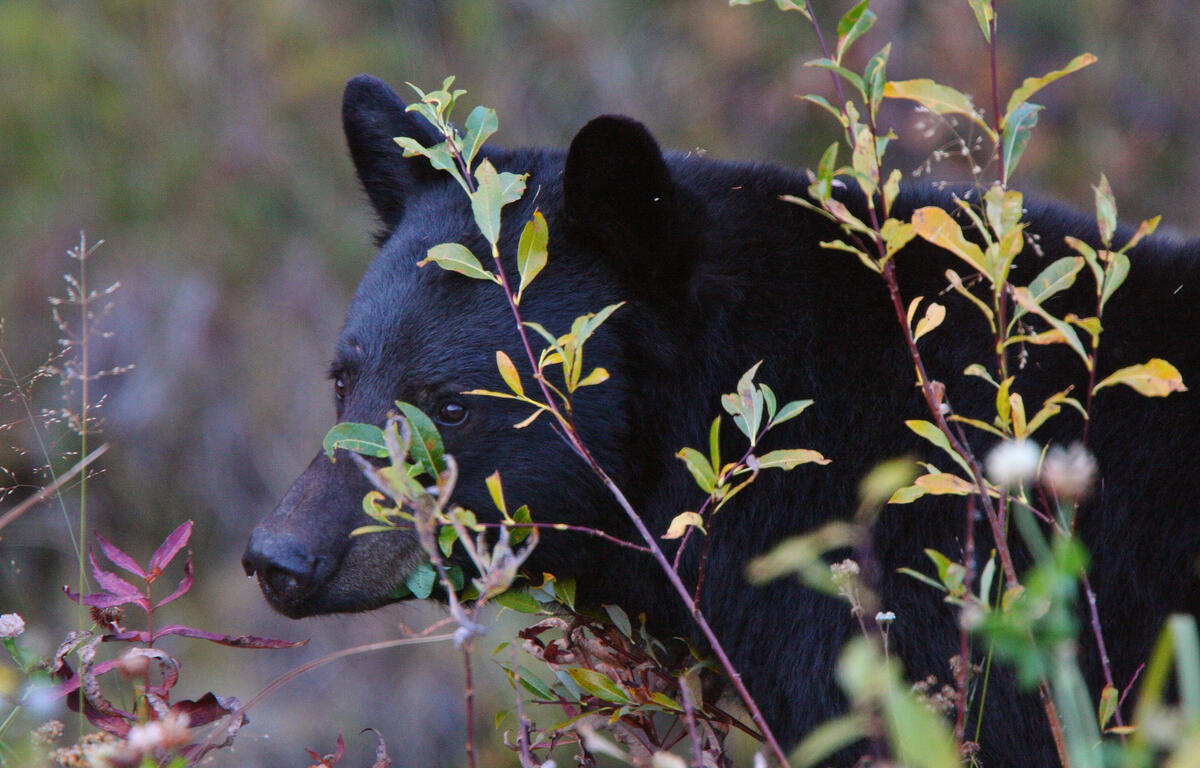MONTPELIER, V.T. (MyKeeneNow) – The Vermont Fish and Wildlife Department is urging residents to remove birdfeeders and take preventive measures as bears begin emerging from hibernation. Reports of bear activity have already begun, with officials warning that early action is critical to avoiding conflicts throughout the spring and summer.
“Do not wait to take down your birdfeeders and bearproof your yard until a bear comes to visit,” Jaclyn Comeau, the department’s bear biologist said in a news release. “You need to act now to head off bear conflicts over the spring and summer, even if you have never had a bear visit your property before.”
Bear incidents have been increasing in recent years, a trend officials attribute to Vermont’s healthy black bear population learning to associate human activity with food sources.
Warmer temperatures and shorter winters are also contributing to earlier bear activity. In recent years, bears have been emerging from their dens by mid-March—about two weeks earlier than the traditional start of “bear-aware season” in northern New England.
“Preventing bears from having access to human-related foods is key to successful coexistence with these long-lived and intelligent animals,” Comeau said. “Bears can be found in every corner of Vermont other than the Champlain Islands. Put bluntly, most Vermonters live in bear country.”
The department is asking residents to take several steps to reduce the risk of attracting bears, including:
- Removing birdfeeders between mid-March and December
- Storing garbage in bear-resistant containers or structures
- Following composting guidelines for bear country
- Installing electric fences to protect chickens and beehives
- Requesting bear-resistant dumpsters from waste haulers
- Feeding pets indoors
- Never feeding bears, which is illegal in Vermont
Officials warn that failing to take these precautions can also attract other wildlife, such as raccoons, skunks, and rodents.
“Deep snow may delay some bears from emerging until April, but mid-March is the time for Vermonters to prepare for the early risers by securing food sources,” Comeau said. “This will help teach bears that our yards and neighborhoods are not good places to search for food, but it will only work if everyone does their part.”
Residents are also encouraged to report bears engaging in potentially dangerous behavior—such as targeting garbage or livestock—through the department’s Living with Black Bears web page. Officials use these reports to track incidents and intervene early to prevent conflicts.
“At the end of the day, purposely feeding a bear is not just bad for the bear—it’s also dangerous for you, causes problems for your neighbors, and is illegal,” Comeau said. “If bears are finding food on your property, it is your responsibility to remove that attractant and report the problem before it gets worse.”
New Hampshire Fish and Game advises against feeding black bears in the Granite State as well. More information is available on the NH Fish and Game website.




